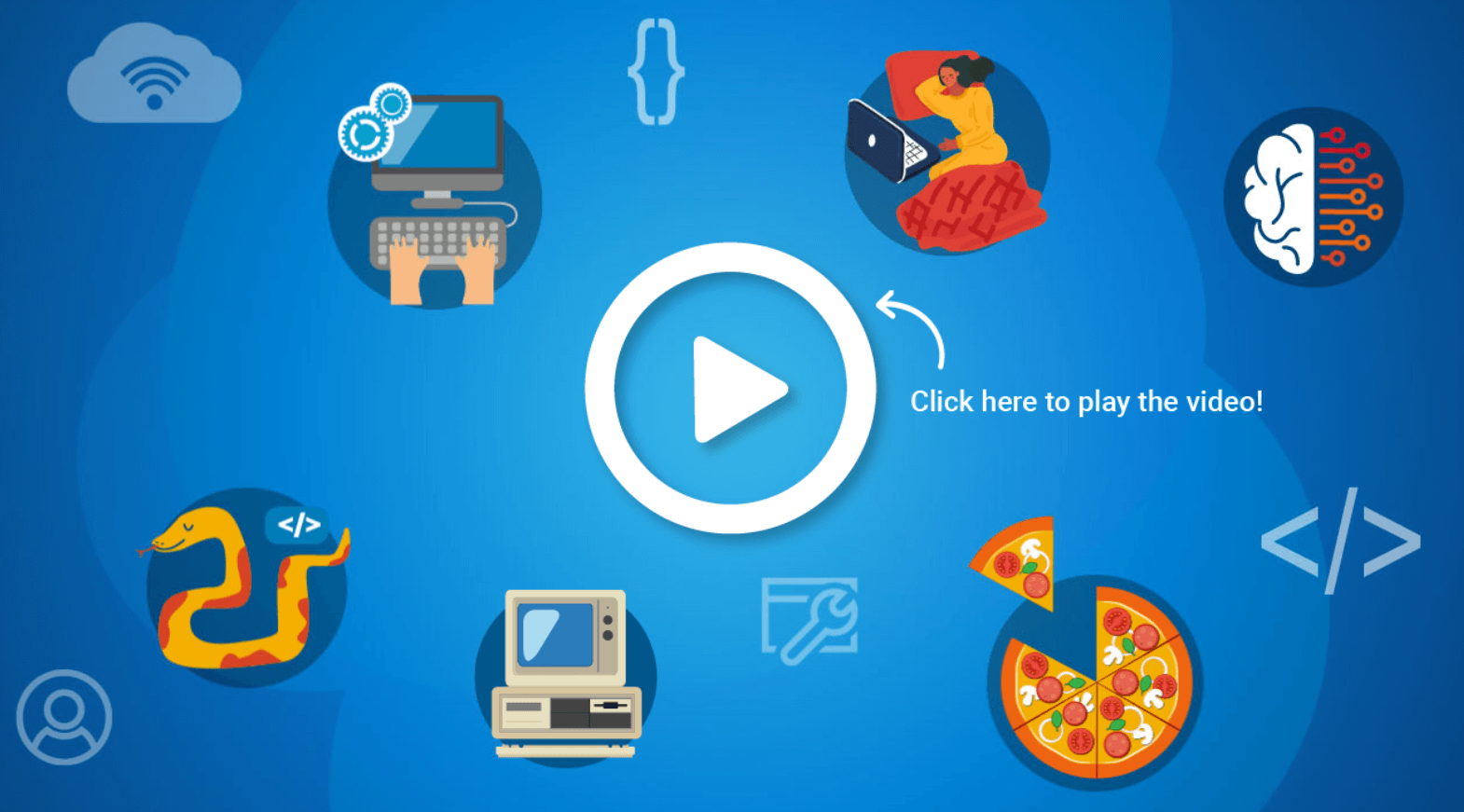In recent years, the intersection of technology and eldercare has emerged as a beacon of hope, offering revolutionary solutions to improve the quality of life for seniors. As the global population ages, the demand for innovative eldercare solutions is more critical than ever. This article explores the transformative impact of technological advancements on senior living, from wearable devices and smart home systems to techinodeldrming and beyond, highlighting how these innovations are not just reshaping elderly care but also paving the way for a future where seniors can enjoy greater independence, security, and well-being.
Understanding techinodeldrming in Eldercare
The term “techinodeldrming in eldercare” encompasses a broad range of technologies designed to support the health, safety, and well-being of seniors. These innovations have evolved significantly, transitioning from basic emergency alert systems to sophisticated networks of wearable sensors, smart devices, and personalized healthcare solutions. By leveraging these technologies, eldercare providers can offer more responsive, effective, and personalized care, ensuring that seniors lead not just longer, but also healthier and more fulfilling lives.
Read also: Discovering World of Soccer Through GiveMeSoccerStreams
The Impact of Technology on Elderly Care
Technology has made substantial strides in enhancing the safety and security of seniors, offering tools for constant health monitoring and emergency response. Innovations like wearable devices enable real-time health tracking, alerting caregivers and medical professionals to potential health issues before they become critical. Furthermore, smart home technology facilitates better communication and social engagement, addressing the issue of isolation among the elderly and fostering a sense of community and connection.
Innovative Technologies Shaping Elderly Care
Among the most impactful tech innovations are wearable health monitors, which track vital signs and physical activity, and smart homes, which adjust settings to the occupants’ needs and preferences for comfort and safety. Telemedicine has also become a cornerstone of modern eldercare, allowing for remote consultations and health monitoring, while robotics has found a place in providing physical assistance and companionship, underscoring the diverse ways technology caters to the varied needs of the elderly population.
Case Studies: Success Stories in Eldercare Technology
Real-world examples abound of technology making a tangible difference in the lives of seniors and their caregivers. From smart watches that detect falls and alert emergency services, to AI-powered platforms that offer personalized exercise routines for mobility, these success stories illustrate the practical benefits of integrating technology into eldercare.
Challenges and Considerations
Despite its benefits, the integration of technology into eldercare presents several challenges, including privacy concerns, the digital divide, and the need for user-friendly design. Ensuring that elderly users feel comfortable and safe using these technologies, and that their personal information is protected, are paramount considerations for developers and caregivers alike.
The Future of Eldercare: Predictions and Innovations
Looking ahead, the eldercare sector is poised for further transformation, with AI, machine learning, and IoT leading the charge. These technologies promise to make eldercare even more personalized, proactive, and efficient, from AI-driven health analytics to smart environments that adapt to the needs and habits of their inhabitants.
How Families Can Leverage Technology for Elderly Care
For families seeking to integrate technology into their elderly loved ones’ care, the key is choosing solutions that match their specific needs and preferences. This section offers guidance on navigating the vast landscape of eldercare technology, ensuring a smooth and beneficial incorporation of tech solutions into seniors’ daily lives.
Ethical Implications of Tech Innovations in Eldercare
As we embrace technology in eldercare, it’s crucial to maintain a balance between innovation and the human touch. Ethical considerations must guide the development and application of eldercare technologies, ensuring they enhance rather than replace the irreplaceable human elements of care and compassion.
Read also: AllGroupingSubmit: Key to Enhanced Collaboration and Efficiency
Conclusion
The integration of techinodeldrming into eldercare is not just a trend but a necessary evolution to meet the growing needs of the aging population. With each advancement, we move closer to a future where seniors can enjoy unprecedented levels of independence, safety, and quality of life. As we look forward, it’s clear that the role of technology in eldercare will only continue to grow, offering exciting possibilities for improving senior living.
FAQs
What are the most promising tech innovations in eldercare today?
Wearable health monitors, smart home technologies, telemedicine, and assistive robots stand out as some of the most promising innovations, offering comprehensive support for the elderly’s health, safety, and well-being.
How can technology improve the quality of life for seniors living alone?
Technology can enhance safety through emergency alert systems, foster social connections via communication platforms, and promote health through remote monitoring and telemedicine, significantly improving the independence and well-being of seniors living alone.
Are there any risks associated with the use of technology in eldercare?
While technology offers numerous benefits, risks such as data privacy breaches, the potential for decreased human interaction, and the challenge of ensuring user-friendly design for elderly users are important considerations.
How can families get started with integrating technology into eldercare?
Families should assess their loved one’s specific needs, research available technological solutions, and consider consulting with healthcare providers or eldercare technology experts to identify the most suitable options.
What future technologies hold the most potential for revolutionizing eldercare?
Artificial intelligence, machine learning, the Internet of Things, and robotics are poised to lead the next wave of innovations in eldercare, offering even more personalized, proactive, and efficient care solutions.










